Academic playing role in project to find hidden graves in Mexico using drone technology
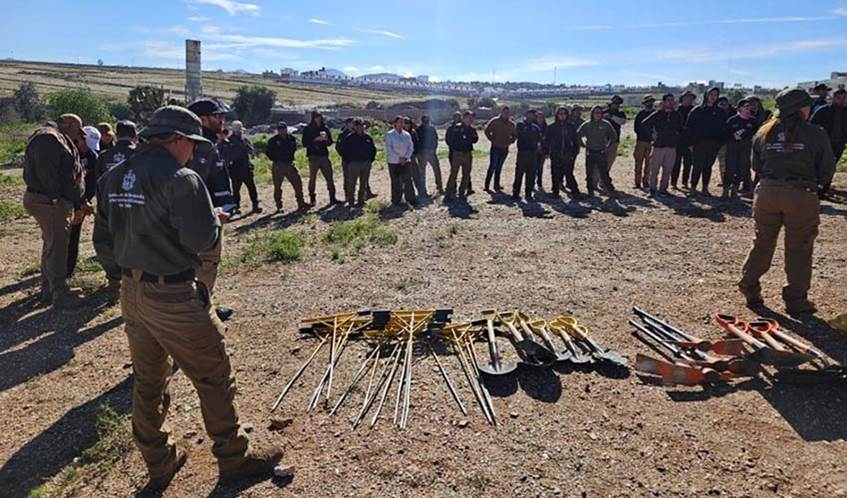
A UWE Bristol lecturer is playing a part in a project using drone technology to locate concealed graves in Mexico.
Dr Karina Garcia-Reyes has joined a project called FOUND, which is aimed at finding graves amid an alarming rise in disappearances in the country linked to organised crime.
The senior criminology lecturer said: “Drone technology is increasingly helping both families and authorities carry out more efficient searches. That means fewer risks for search groups and shorter waits for families when it comes to identifying their loved ones.”
FOUND’s experimental use of drones has already proven successful, with results published in September 2024. As part of the publication, Dr Garcia-Reyes co-authored a chapter analysing interviews with women from search groups who were involved in the initiative.
Following the success of the FOUND project, the State Prosecutor's Office for the Mexican state of Zacatecas reached out to Dr Garcia-Reyes, and co-researcher Miguel Moctezuma from the University of Oxford, requesting to bring the groundbreaking drone technology to aid official searches in the state. Recognising the urgent need, and with backing from the Prosecutor’s Office, Dr Garcia-Reyes applied for Arts and Humanities Research Council Impact Project funding to support a series of training workshops to equip local civil servants with the skills to operate this technology and integrate it into the state's official search protocols.
"The biggest challenge from this project for me has been the emotional side - just imagining what these families are going through is absolutely heartbreaking."
Dr Karina Garcia-Reyes
In July, Dr Garcia-Reyes signed a collaboration agreement with the Zacatecas Prosecutor Cristian Paul Camacho, marking the official inauguration and opening of the training workshops. The ceremony brought together academics, media representatives, and search groups, securing ongoing support to address the forensic crisis and ensure the project’s continued impact.
After the inauguration event, the project launched on the ground in the state of Zacatecas with two intensive workshops aimed at advancing both policy development and technical methodologies for locating concealed graves. Co-ordinated by Dr Garcia-Reyes and Miguel Moctezuma, the sessions brought together civil servants, forensic experts and local stakeholders. The workshops were co-developed in collaboration with the research team based in the southern Mexican state of Jalisco, where the FOUND project originated.
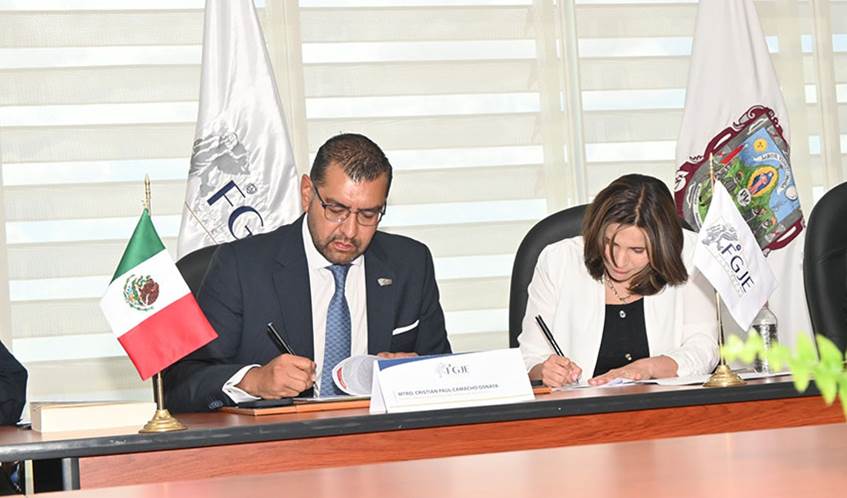
Dr Garcia-Reyes said: “I’m very proud of the impact project’s results. The civil servants demonstrated genuine commitment and eagerness to learn, doing everything they can to help families find their loved ones as quickly as possible. They're committed to helping families but often lack the resources, so any support that can speed up searches is deeply welcomed.
“My hope for future projects is to continue these training workshops - there are several key areas we couldn’t cover this time, so that remains a priority. We’re also looking to move toward the identification phase, potentially bringing UK forensic expertise to Mexico. With over 50,000 unidentified bodies, this is a pressing issue that both authorities and search families highlighted as an urgent next step.”
Dr Garcia-Reyes, who has worked closely with groups of women searching for loved ones who have gone missing in Mexico, added: “Working on this project has been deeply rewarding both professionally and personally. I’ve gained valuable knowledge about drones and search techniques, but most importantly, I’ve had the chance to connect with search families who truly appreciate the support from the academic community.
“The biggest challenge from this project for me has been the emotional side - just imagining what these families are going through is absolutely heartbreaking.”
The BBC recently published a news article about the disappearances in Mexico: https://www.bbc.co.uk/news/articles/ckg4rnr720yo
Related news
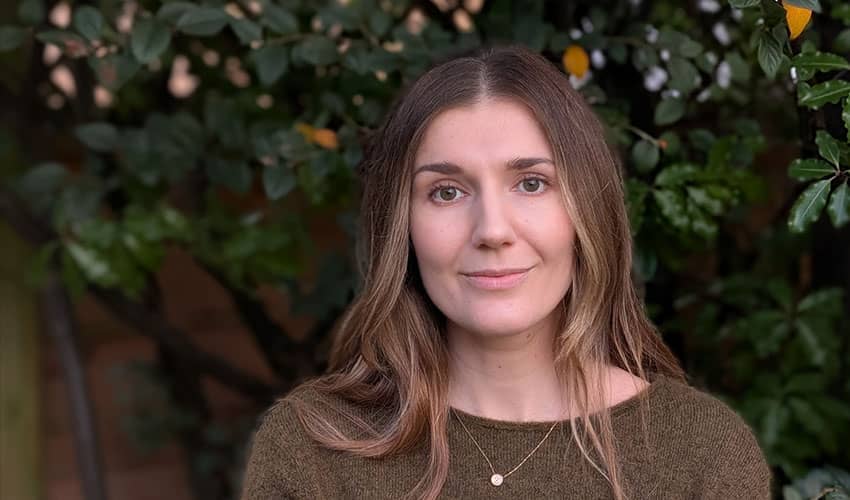
16 February 2026
UWE Bristol researchers awarded grant to explore impact of asset recovery on offenders
UWE Bristol academics have been awarded funding to explore of the impact of asset recovery on deterring offender behaviour and disrupting crime networks.

17 December 2025
Findings revealed from first UK study into experiences of mothers who are survivors of rape pregnancy
UWE Bristol academics have revealed the findings of the first UK-based study of the experiences of mothers who are survivors of rape pregnancy.

16 September 2025
Dedicated liaison roles ‘instrumental’ for police forces to build trust with sex workers, research finds
A new study from UWE Bristol researchers has found that a dedicated liaison officer could help rebuild trust between the police and sex workers.

11 September 2025
New study to investigate augmented reality as an intervention for emotionally based school avoidance
A UWE Bristol researcher will support a new study exploring whether an augmented reality board game can help young people with emotionally based school avoidance (EBSA).
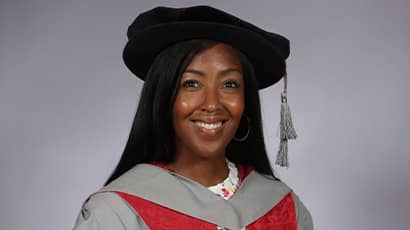
22 July 2025
Angellica Bell receives honorary doctorate from UWE Bristol
Angellica Bell, a prominent figure on British television and radio, has been awarded an honorary degree by UWE Bristol.

17 July 2025
Want social change? A deeper understanding could be key, study suggests
New study suggests a deeper understanding of social change could help close the gap between challenges and actions, especially on issues like climate change.

16 July 2025
Researchers launch support hub for people with visible differences and their families
A first of its kind website offering evidence-based psychological support for people with visible differences and their families has been launched by university researchers.

27 June 2025
UWE Bristol and Avon and Somerset Police renew partnership to advance police education
UWE Bristol and Avon and Somerset Police have signed a new 10-year agreement, extending their successful partnership to deliver high-quality, forward-thinking police education and training.

25 April 2025
Opinion: ‘Where is the vision in the WECA mayoral race?’
Dr Thom Oliver, senior lecturer in politics, gives his expert opinion as voters prepare to head to the polls to elect a new WECA mayor on 1 May.
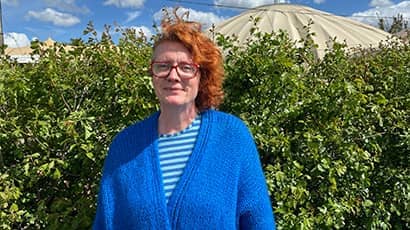
16 April 2025
UWE Bristol academic paper named as one of this century’s most-cited
A UWE Bristol academic has co-authored the third most-cited academic paper of this century, according to new analysis released by research journal Nature.

30 January 2025
Women exercising in gyms face barriers including body image and harassment, study finds
Women exercising in gyms often feel judged for their appearance and performance, leading to a persistent sense of inadequacy, according to a new study.
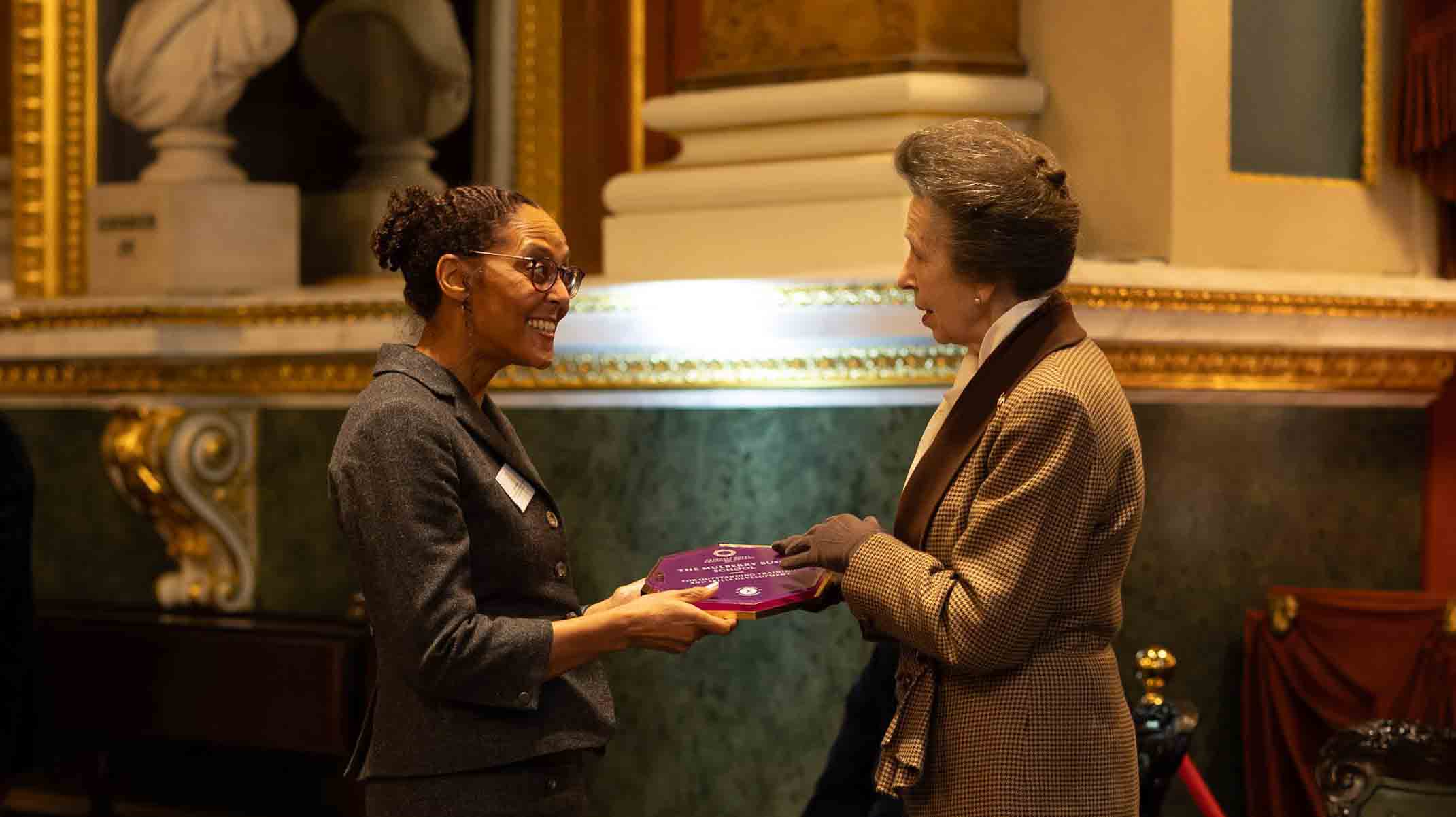
17 December 2024
‘One of a kind’ course accredited by UWE Bristol recognised with Princess Royal Training Award
A foundation degree accredited by UWE Bristol has been awarded a prestigious City & Guilds Princess Royal Training Award.
You may also be interested in

Media enquiries
Enquiries related to news releases and press and contacts for the media team.
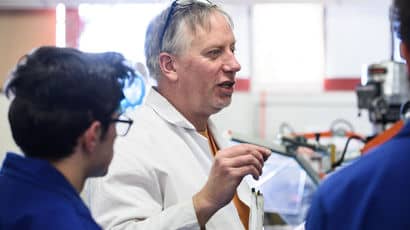
Find an expert
Media contacts are invited to check out the vast range of subjects where UWE Bristol can offer up expert commentary.
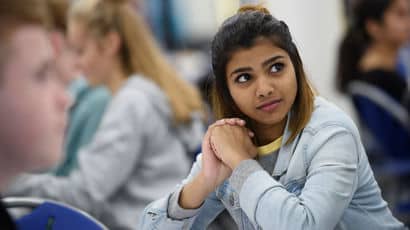
School of Social Sciences
If you want a career in social sciences, our inspiring courses will teach you to apply what you've learnt so you can start making a difference as soon as you graduate.

Research
Our active, collaborative research community of bold, original thinkers break boundaries, immerse themselves in the now and open the way to new futures.






